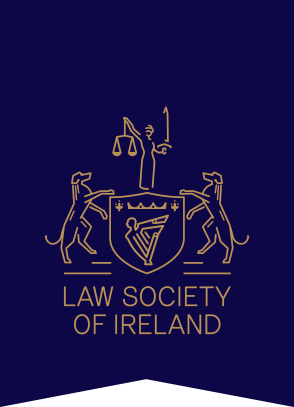Surrogacy Law in Ireland
Surrogacy arrangements are unregulated in Ireland. Regarding Surrogacy Law in Ireland, it is interesting to note that no provision of lrish law prohibits such agreements. Issues surrounding surrogacy can become complex because neither the Irish constitution nor the
- Guardianship of lnfants Act
(1964) as amended, expressly sets out and defines in law who is to be treated as the ‘mother’ of a child. Scientific developments in the area of assisted human reproduction have brought about situations where it falls to the Court to define who, in law, is entitled to the status of ‘parent’ and/or ‘mother.’ Such situations are undesirable because issues around medical procedures, travelling and schooling for children can become difficult. There are also significant implications in terms of succession rights. Under the Succession Act, 1965 a child enjoys certain rights on intestacy in regard to their parents’ estate. Hence, should the child inherit on the genetic mother or the surrogate mother? There is also the matter of gifts as between the genetic mother and the children, for taxation purposes. All these issues give rise to complex legal questions. Changing circumstances in society means that ‘parentage’ and ‘motherhood’ are being viewed in a different light.
Previously, it was the birth mother who was protected under the Irish Constitution and it was the birth mother to whom rights were given. However, recently a genetic mother of twins won her legal battle to be declared their mother. Authorities had previously refused to list the woman as genetic mother on the twin’s birth certificates. However, Mr. Justice Abbott has ruled that the woman is the children’s legal mother and both she and the children were entitled to a legal declaration to that effect. The twin’s surrogate mother was the genetic mother’s sister and she had not objected to the application. .
The judgment is interesting given that the previous assumption under Irish law was that the birth mother was automatically the legal mother. It appears from this case that this is no longer valid given that we are now in an area of IVF treatment being available. The legal nature of ‘motherhood’ and ‘parentage’ is changing. By contrast, English Law states that the Human Fertilisation and Embryology Act 2008 specifies that the surrogate mother is always the legal mother of the child.
The decision in Ireland is a landmark decision in family law.










